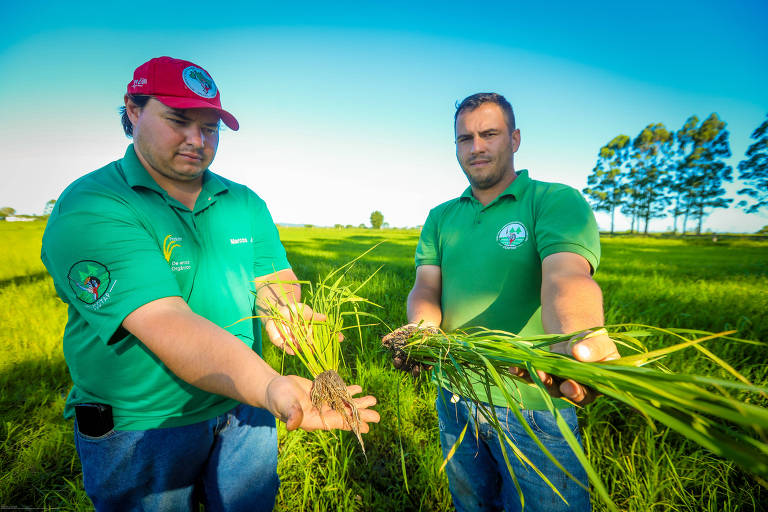The MST (Landless Rural Workers Movement) celebrates its 40th anniversary with objectives and perspectives different from those that motivated its creation, a history of conflicts with farmers, ruralists, and antagonistic governments, a certain disillusionment with the PT, and challenges that include difficulties in recruiting new members, political emptiness, and Bolsonaro's siege.
Founded during a national meeting held from January 21 to 24, 1984, in Cascavel (PR), the MST became the most famous Brazilian movement for agrarian reform inside and outside the country.
A protagonist in land invasions seen by left-wing groups as legitimate pressure instruments and by right-wing groups as violent violations of private property, the MST remained at the center of political debate in recent decades.
After going through Jair Bolsonaro's administration under threats (the former president advocated classifying the group's actions as terrorism), it had a strain with the Lula 3 government due to the occupation of a farm owned by the Brazilian Agricultural Research Corporation and was pressured by a parliamentary inquiry in the Chamber of Deputies.
"The government of President Lula and Dilma [Rousseff] did a lot, but we need to advance. We need to include agrarian reform in the Union's budget," summarizes federal deputy Marcon (PT-RS), a militant and beneficiary of agrarian reform, still living in the Capela Settlement in Nova Santa Rita (RS).
In the deputy's view, the biggest challenges ahead are to structure the settlements and provide prospects for the new generations.
